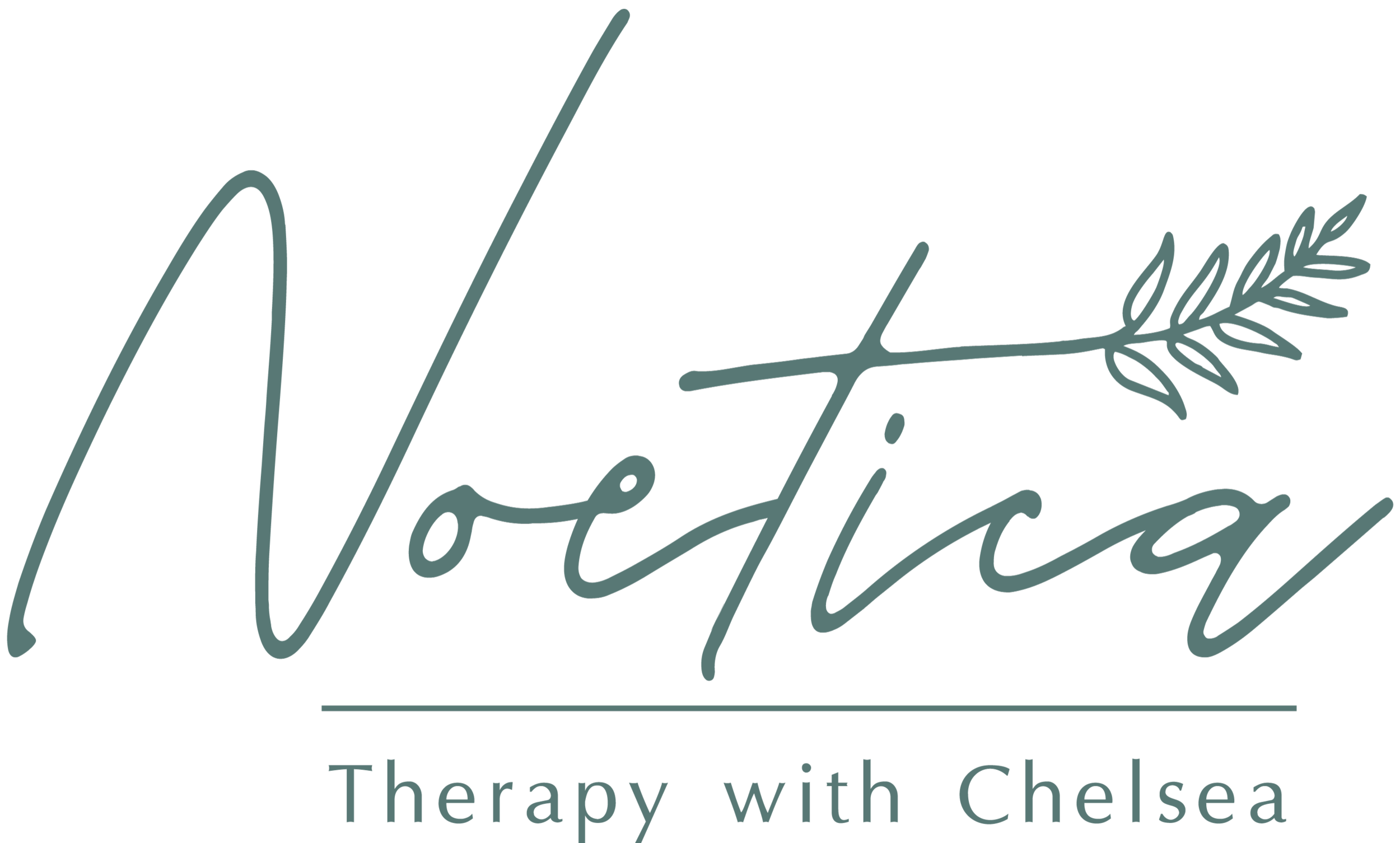Feeling helpless? Hold space
It is so hard to see someone we love hurting and to feel like we’re helpless in how to be there for them in the pain and suffering. Trauma expert, Judith Herman, says “Recovery can only take place within the context of relationships; it cannot occur in isolation." What does she mean by this? As people, we are deeply connected to our shared humanity and relationality. We are born into a context; a unique intersection of time, space, family, culture, and worldview. This ultimate reality of “embeddedness”, makes it apparent that relationality (the process of relating to self, other, and the world) is central to both hurting and healing. Our greatest wounds are most often interpersonally inflicted, as well as interpersonally healed.
However, this interpersonal healing process can easily turn into over-helping, compassion fatigue, or burnout. There are risks to the person being helped as well, such as loss of autonomy, sense of self, and choice. Hence the plight that Gabor Maté highlights, “Where do I end, and another person begins?”
The notion of “holding space” is a way to combat helplessness in an incredibly profound way. Holding space for someone means to bring your full self and presence to them. It is walking alongside someone in their journey, without passing judgment or prescribing the destination. You are willing to be a person who accompanies and at times guides, rather than someone who directs, carries, or picks up the pieces for someone else.
Holding space for another person means to create room for a person to trust their own intuition and wisdom, to not make someone feel inadequate or unworthy by jumping ahead of where they are at, empowering them to come to and make their own decisions aligned with who they are and what they value, to keep our own pride and ego out of their failures or successes, to foster self-compassion for making mistakes and learning, to be a safe person able to make space for complex emotions, to know when to help and when to not. True help is only doing for someone what they cannot do for themselves.
A good space holder is someone who recognizes that it cannot be done uni-directionally. Holding space means bringing your own self to the relation; to be present with your experience and emotions as well. That boundary between where I end and you begin is not a wall that separates us, it is a bridge that brings us closer and allows for relationship; for without it there is nothing defining me from you and you from me. There can be no relationship when there is no “other” to relate to. The profound depth of holding space is that I need to be me, you need to be you, uniquely our own persons, so that we can be “us”.
